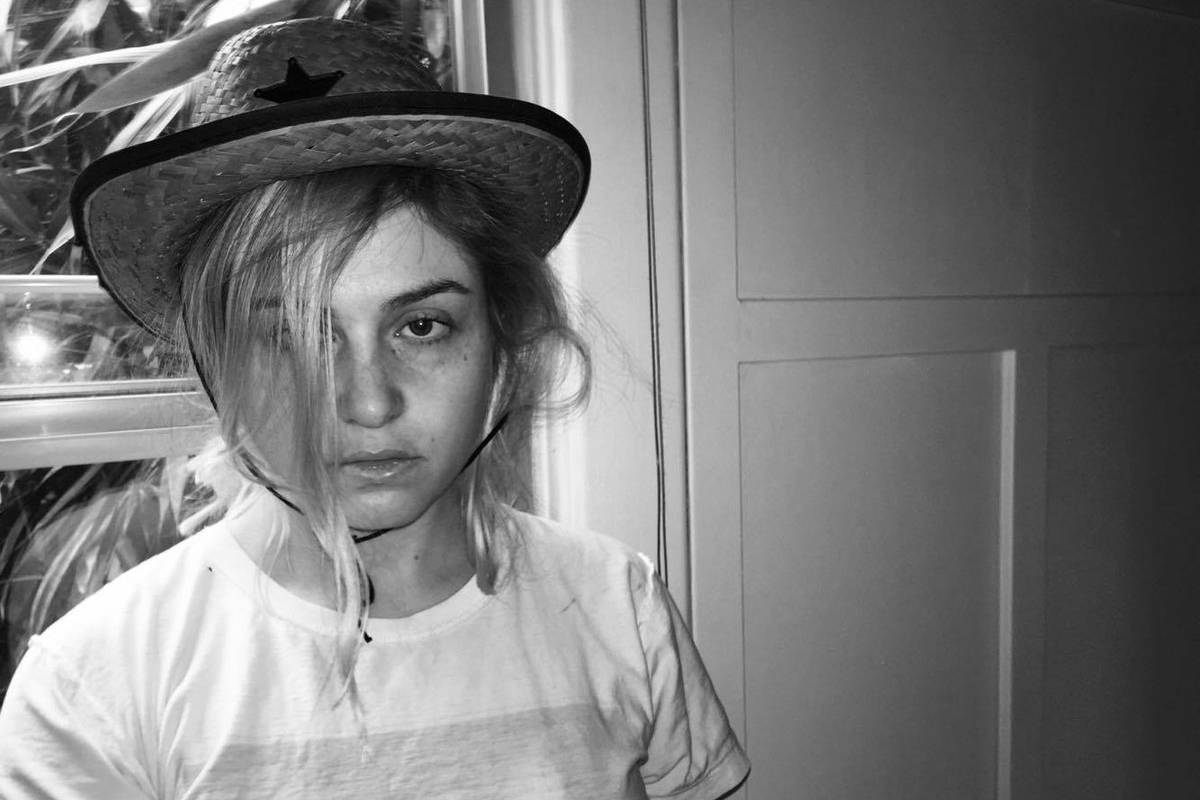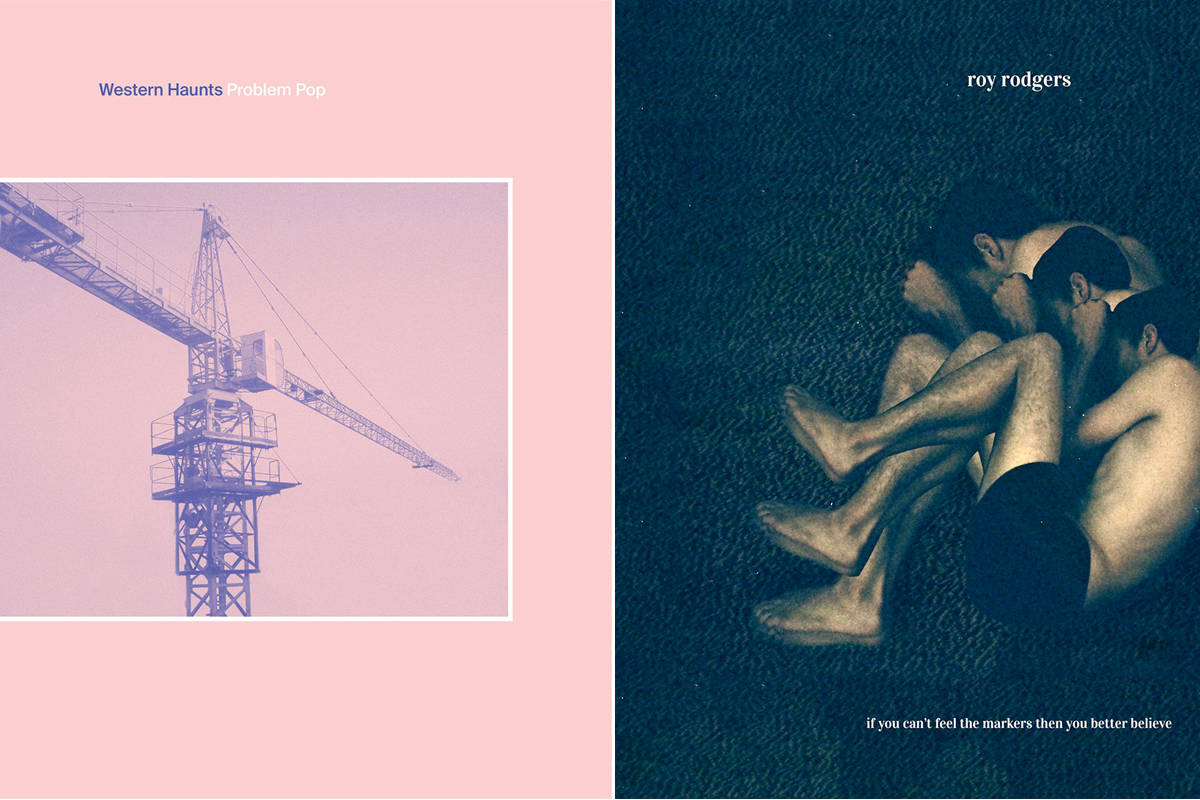The North Ballroom at the University of Washington isn’t the type of venue Against Me!’s Laura Jane Grace is used to playing. “I’m used to having bodies thrown at me,” she said, noticeably jittery on stage. “I’m sure I can handle a few questions thrown at me.”
But this wasn’t the type of show she typically plays either. Grace, born Tom Gabel, ascended to the tiny stage at UW’s North Hub Ballroom with her acoustic guitar for an evening in which she’d play stripped down versions of her songs and engage in dialogue with the audience.
The singer formed punk rock band Against Me! when she was just 17. In 2012, she came out as trans in Rolling Stone and announced plans to transition to living as a woman. Since then Grace has been very open about talking about gender dysphoria and her own journey, but this evening at UW would prove to be even more intimate than her usual stage banter.
She insisted that she didn’t know how this particular event was going to play out, but the set list indicated otherwise. Songs were arranged chronologically in order of when she wrote them, from Against Me!’s earlier days up to the band’s latest record, Transgender Dysphoria Blues. In between each song she’d explain what was going on in her life at the time. She detailed the band being courted by major labels, struggling with drug addiction, and the dissolving of her marriages. Through every era of her life, she said, gender dysphoria was the underlying conflict that she kept hidden to herself.
She revealed that every Against Me! record has had at least one song dealing with gender dysphoria, even when she wasn’t open about it at the time. A song like “Pretty Girls” she says was about having a crush, but that she changed some of her initial lyrics to hide images of her struggle with gender. At this performance, however, she played it with those original lyrics.
And it wasn’t just gender dysphoria she opened up about at the show. When the band eventually decided to go to a major label, she talked about the initial excitement that quickly led to new stresses and vices. When the band opted to fire its longtime manager, it found itself being sued for 1.4 million dollars. With no member having close to that, she said the band decided to “swing for the fences” and try to write a hit record to cover the costs. The result was 2010’s White Crosses, an album often marred by fans as a sellout move. The record did spur “I Was A Teenage Anarchist,” which was Grace’s attempt at a pop hit that she says “didn’t work.”
“Whatever, I still think it’s a good pop song,” she laughed.
Her story became more compelling as she delved into the moments leading up to her coming out: telling her wife, explaining it to her daughter, and having to go through state sanctioned psychotherapy. Hearing about someone with such a large punk platform come out publicly and learning of her struggles added another layer of gravity to it all. Grace is fierce, powerful, and as one audience member described, “gives no fucks.” Even still, the audience learned she still dealt with suicidal thoughts during hormone therapy, as outlined in the song “Paralytic States,” and had to cope with her relationships changing.
After a cover of The Replacements’ ode to progress, “Androgynous” and her own rousing anthem “Black Me Out,” the artist took time to answer questions from the audience. Here it was evidenced just how much meaning Against Me!’s new record and Grace’s coming out had for her fans. One after another, crowd members stepped up to the microphone to tell Grace how much this album helped them cope, one saying that Transgender Dysphoria Blues is her go-to record when she’s having a “bad gender day.” Even with Against Me!’s guttural screams and blaring guitars, watching a community come together in such a way is more punk rock than anything else Grace has done.








